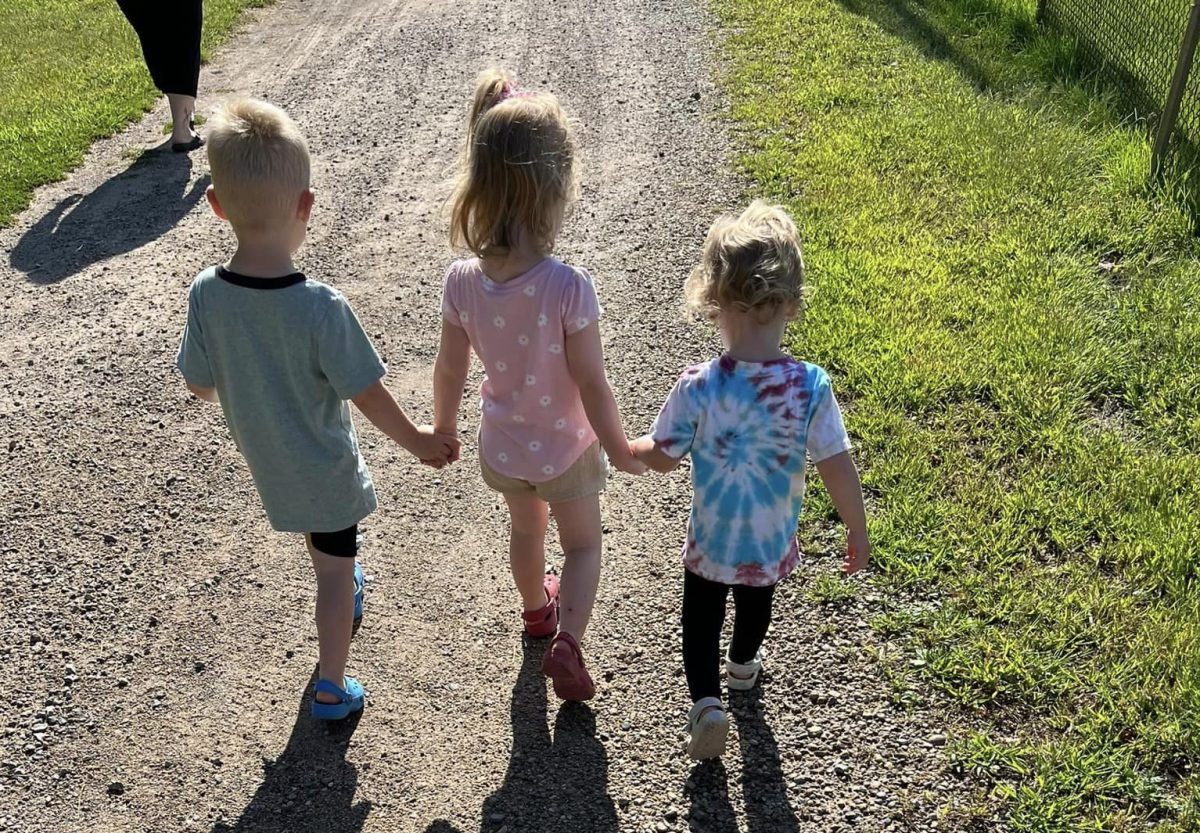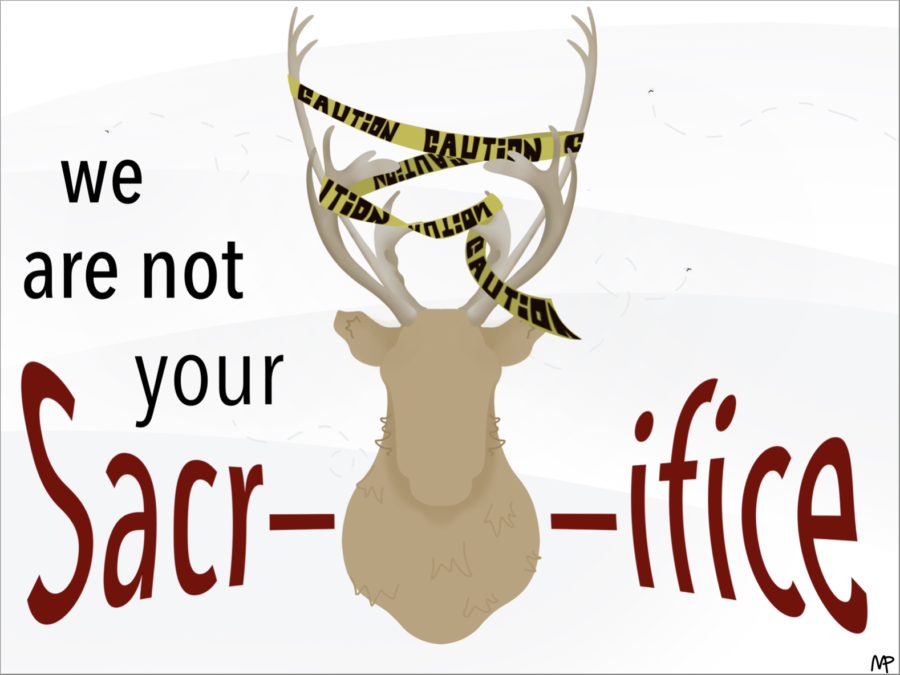The Willow Project Needs to be Stopped
The Willow Project will severely threaten the caribou population in the North Slope.
What’s going on in Alaska? Along the North Slope, there has been a dream for oil. Oil being drilled from the land that could provide jobs, revenue, and fuel; oil that could kill the natural lands, harm the native animals, and boost carbon emissions catalyzing climate change. The Willow Project is precisely that. ConocoPhillips, Alaska’s largest oil producer, proposed creating a massive income by drilling for oil along the Alaskan north slope. This project would specifically take place in the National Petroleum Reserve-Alaska and would be detrimental to the surrounding nature.
ConocoPhillips proposed the oil project be located in Willow, Alaska on the National Petroleum Reserve-Alaska, or NPR-A, in the BearTooth Unit. Massive amounts of oil were discovered there around 1923 but it wasn’t until 1976 that the area was officially named the NPR-A. The project has a long history and has taken a prolonged period of time to be considered and approved by different groups. The project was first backed by the Trump administration in 2020 but later shut down because of the lack of research on the environmental impact. Then, when Biden took office, the project posed a direct opposition to his administration’s climate obligations. There have been numerous setbacks because of the danger surrounding the environmental impact, but recently the project has popped back into the limelight for going through the final stages of its approval.
One major pushback on the project is President Biden’s support for it. When Biden was elected, one of his major goals was to cut carbon emissions in half by 2030. Many environmentalist groups were optimistic about this statement, but some were doubtful of its actuality. Biden proved the doubters right by his recent alignment with the Willow Project and the environmental impact it holds. It remains to be seen whether Biden will cave to the demands being made by environmental groups who oppose the Willow Project. He could still cancel his support for the project entirely or simply scale back the scope of the project, possibly lessening the environmental impact of the oil drilling.
The project is a direct threat to climate change prevention because of the huge amounts of oil that will be drilled from the North shore. The development and burning of oil from the Willow Project are estimated to create around 287 million metric tons of carbon dioxide throughout the next 30 years. All of that carbon dioxide is going to severely impact the amount of greenhouse gasses being trapped in our atmosphere. The trapped carbon dioxide will slowly heat the earth and make climate change irreversible.
Carbon emissions, extinction, and global warming – clearly none of these are ideal but they are an increasingly current reality. The planet is dying and that shouldn’t be a surprise to the population of earth. This project will directly affect the flora and fauna of the North Slope, specifically the caribou who need the coastal waters for calving, foraging, and as a refuge from the insects like mosquitoes. Sadly the natural lands will also face the detrimental effects of this project because of their fragile ecosystem. The land in Alaska is very soft and the labor needed for this project would severely impact the ground, possibly taking decades to come back to its former glory. Climate change is becoming irreversible, and if we don’t stop the Willow Project its consequences will push earth’s limits to their breaking point, critically affecting humans.
This project is clearly going to be detrimental to our world and it is our duty to stop it from happening. Although, this project is just the tip of the iceberg, literally and figuratively. The change that needs to happen isn’t being committed to, and without an extreme 360 of what humanity is doing to the planet, we won’t have much time left. Deforestation is occurring at alarming rates, coral reefs are bleaching, species of animals are being wiped out, glaciers are melting, and floods, droughts, wildfires, and entire ecosystems are collapsing. Experts say that if there isn’t drastic change by 2050 at the latest there is no coming back. The issue with this is that this timeline keeps being pushed farther and farther back, but the damage is still becoming worse and worse. The earth cannot hold out for much longer without a change in the way we live our lives. For the hope of our planet, I urge you to at least educate yourself on what is happening or try and make a change in the way you do things in your life.


















































Nico Peterson • Mar 15, 2023 at 11:41 am
Thank you so much for writing about this! I feel like none of my peers are talking about this and especially now, we need to find a way to rally together and stop the project!